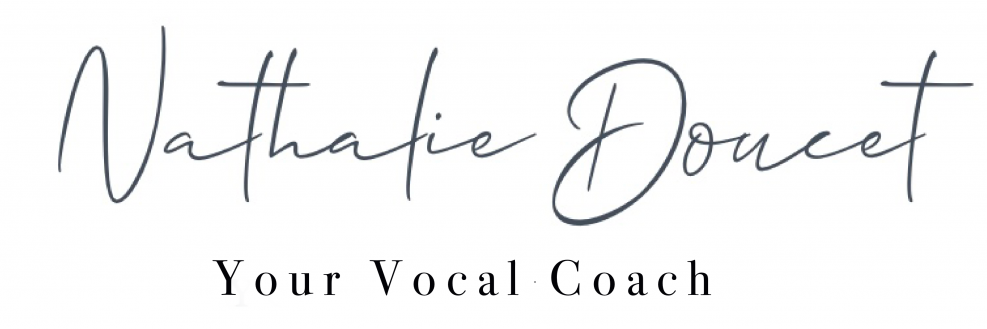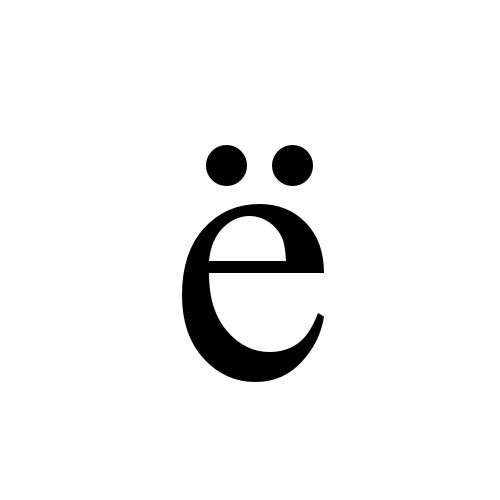This sounds like an existential question, but it is one that bears asking!
For years now, I have been coming across social media posts or Youtube clips of singers which don’t mention the pianist who is clearly visible and audible. When I asked some of my friends who are sometimes responsible for announcing singers on radio programs, or for social media postings why this happens, some of the answers that I received were that they often try to avoid calling a pianist “accompanist” by saying “accompanied by” the reason being that they are worried to offend the pianist, but is being called “accompanist” worse than not being mentioned at all?
Let’s look at the term “accompanist” and why it has become, for some, such a derogatory term to describe the pianist who plays with a singer or instrumentalist.
The term “accompanist” is defined as the musician who plays a musical instrument while another person is singing or playing the main part. Is this what I do? Yes, all the time. The term has nevertheless been known to imply inferiority. Fairly recently, in North America, the term “collaborative pianist” has been in use to describe what I do. I believe the term was coined somewhere in the 1980’s and then gained more mainstream popularity in the 1990’s. This term has however not reached the same popularity where I am in Europe. At the Conservatory of Amsterdam, I am called “coach” and my official title is “correpetitor” this Dutch word is actually closer to the term “collaborator” (not to be confused with “repetiteur” which is strictly used for the rehearsal-pianist) as the prefix “co” implies to collaborate whereas the term “begeleider” is the equivalent to “accompanist”. Every time that I sit at the piano and perform, I am acknowledged with a variety of titles: Piano, Pianist, Accompanist…
It has been argued that the role of “accompanist” comes with a lack of appreciation, and anonymity. One of my all time favourite books, an excellent read, very witty and a book that first brought the “humble accompanist” into the light is Gerald Moore’s Unashamed Accompanist who puts this feeling of anonymity into words that I think we all (pianists) can relate to:
“We accompanists, have our minds above such mundane things as fees. But I would like people to realise what extremely important people we accompanists are. The most enchanting lady walks on to sing, and all the ladies look at her because of what she’s wearing, and all the men look at her because – well, all the men look at her. And nobody looks at me. And I can’t blame them. Nobody notices the accompanist at all. He looks so slender and shy and so modest that people think he’s there just to do what he’s told, to follow the singer through thick and thin. Well, there’s a great deal more to it than that.”
I know I have said this phrase many times myself as I am getting ready to go on stage and take a last look in the mirror: “Well nobody is looking at me anyway!” and I have often felt overlooked after the concerts thinking “Nobody is interested in the pianist”. The truth is, if no one is sitting at the piano, then all this beautiful repertoire could not be performed, and the same goes for the singer, it takes the both of us! There has been (and still is) a discrepancy in fees between the singer/instrumentalist and the pianist, and the latter is often the afterthought appearing in much smaller letters on billboards, posters, programs and/or recordings. A great article that I recommend by Tom Service Accompanists: the unsung heroes of music explores these subjects.
I hate the term accompanist,” says Iain Burnside. “You can’t deny there are connotations that it’s a secondary entity. But unfortunately I can’t think of a better one. If you insist on being called a pianist then people think that you’re comparing yourself to Sviatoslav Richter. That’s not what it’s about: you’re just asking to be taken seriously in your own right
So how do I feel about it all? I have no huge issue with being called an accompanist if that is what I am doing. I prefer to be called “pianist” because that is what I am. I don’t personally see any use for the word “collaborative” because it is obvious that I am doing just that. There are no “collaborative singers” and if we are doing a song recital together, we should just be singer and pianist. What’s in the name anyway, as long as you are an excellent player or singer? I am also a “coach” which is something quite different in my opinion, and a possible subject for a future post.
Obviously, on this matter, I only speak for myself concerning my preferences. So, how do you know what to call your recital partner? Ask them how they wish to be addressed (everyone has a preference), how they like to be presented on the program and/or recording. Always show them either in the photo or in the video and always make sure their name is published on everything alongside your own so they don’t feel like an afterthought. These pianists have spent their lives working, studying and devoting themselves to the art of making music with others, they are your colleague so honor your relationship with each other through respect.





You must be logged in to post a comment.